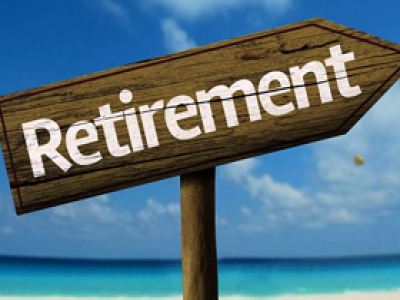Most of the working class employees are covered under EPF or NPS that can contribute to their retirement basket. However, entrepreneurs and self-employed individuals do not have any retirement benefits.
We approached two renowned names from the MFD/RIA community to understand their approach on retirement planning for self-employed. Here are a few tips that will help you plan retirement of your self-employed clients.
Postpone the retirement if health permits
Unlike a salaried employee, there is no fixed age of retirement for self-employed. According to Amit Bivalkar of Sapient Wealth Advisors & Brokers, most of his self-employed clients wants to retire late. This gives them more time to save for retirement.
Suresh Sadagopan of Ladder7 Financial Services seconds this view. He pointed out that the increasing life expectancy underlines the need of having a sizeable corpus. A thumb rule of size of corpus is that it must be capable of taking care of the financial needs of at least 20 years. Hence, delaying retirement by a few years can put one better financial standing.
Cover all liabilities and risks
Self-employed clients must have adequate health insurance coverage. This provides protection against adversities amid the soaring cost of medical treatment.
Sadagopan pointed out that self-employed professionals engaged in activities like medical and health care, law and consulting should buy professional indemnity cover. Additionally, it is also advisable to have keyman insurance for their key employees.
Do not mix professional assets with personal assets
Entrepreneurs usually tend to reinvest their profits in their business. Investing the entire surplus in the business may lead to concentration risk, said Suresh.
Holding a contrary view, Amit feels that if the return on capital can justify a higher return than equity, the entrepreneurs may go ahead with it.
A solution to this is having a separate fund for business investment.
Suggest retirement-oriented solutions
An entrepreneur must explore voluntary retirement schemes like NPS, PPF and retirement oriented mutual funds. Equity usually delivers inflated-adjusted returns over the long run. However, it is important to have a diversified portfolio. Retirement funds typically offer a diverse asset base – equity, debt, gold ETFs and REITs/InVITs, foreign securities including overseas ETFs.
Have two contingency funds – business and personal
There should be separate contingencies funds for business and personal emergency. A fund for business expenses varies according to its nature. However, given the inconsistency in monthly inflows, entrepreneurs should create another emergency fund to cover their personal expenses of 6 months to a year.






